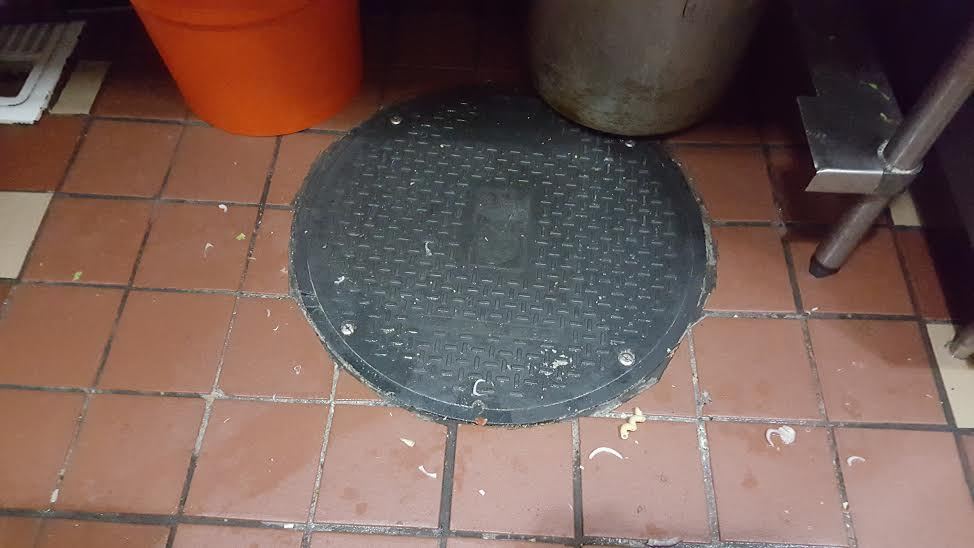
If you have a commercial kitchen, then I’m sure you’ve heard about keeping up with your grease trap. Grease clogs can be extremely detrimental to the environment as well as your restaurant business. Let’s look at how grease traps work, how they are maintained, and how to keep your grease trap performing at optimum levels.
How Grease Traps Work
Grease traps have been designed to prevent FOG (fats, oils, and grease) from getting down into sewer lines. If these substances are not followed up on, then they will cool and solidify. As solids they will stick to pipes and begin to trap debris and food particles. This build up will continue until it eventually clogs the wastewater flow and backs up the sewage lines. Using a grease trap is one of the best and simplest ways to prevent grease waste from getting into the sewer lines. These traps are connected to the outgoing sink drains in your commercial kitchen. They will hold small amounts of grease that gets captured, but they need to be maintained on a weekly or daily basis.
How Grease Traps Are Maintained
Grease traps need to be properly cleaned on a regular basis. The bigger your tap and often it gets used the more often it needs to be cleaned. Most cities and counties require grease traps to get serviced on a monthly basis. As the grease trap service is completed, there are also environmental regulations that must be followed. Some of the work that is involved in grease trap maintenance include draining of grease wastes, cleaning and inspecting of baffles, a wastewater flow test, and environmentally safe disposal of grease trap waste. If you’re not sure how to properly maintain your grease trap just search for any grease trap maintenance service va which might be of help.
How To Maintain Optimum Grease Trap Performance
Some of the most important things we can do to keep our grease trap running smoothly include scheduling, training, and logging. Once we know our commercial kitchen has a grease trap, it’s important to make sure it’s properly connected to wash sink and food prep areas. We also need to make sure it’s the right size for our business. Staff working in the kitchen need to be properly trained to remove food and waste from kitchen equipment prior to washing. Lastly, we need to keep a log to make sure we follow all necessary codes.
Conclusion
Commercial kitchens require a lot of maintenance, but we must remain on top of the details directly related to compliance and cleanliness of the kitchen. The best way to stay on top of a clean kitchen is by learning all you can about proper waste disposal. One of the key pieces of equipment in your disposal will be your grease trap, but you must learn how to keep it good working condition. Some of the key things to understand about a grease trap is how it works, how to maintain it, and how to keep it working properly.
